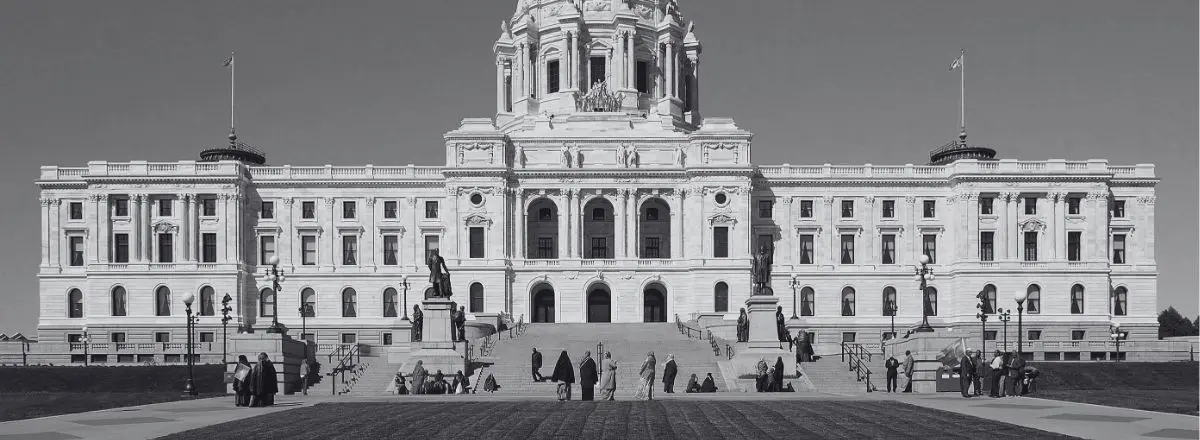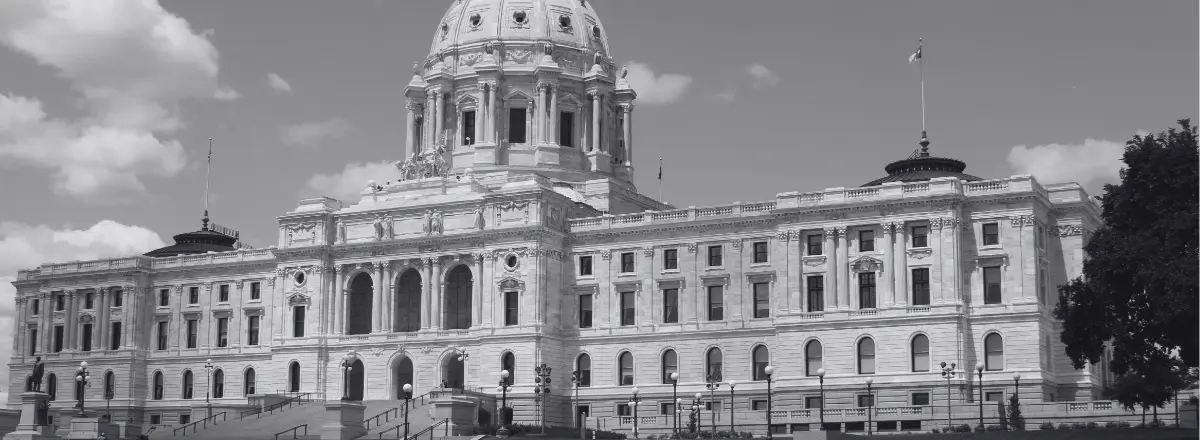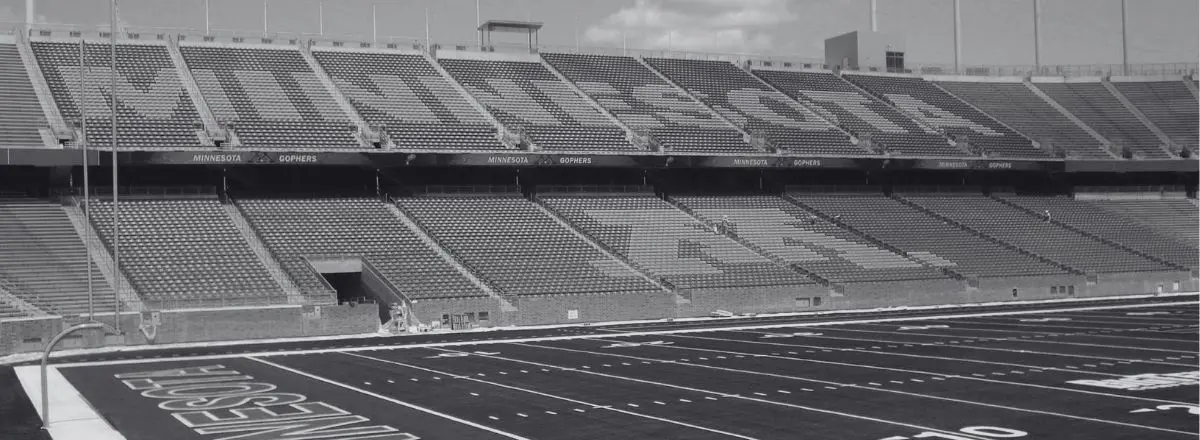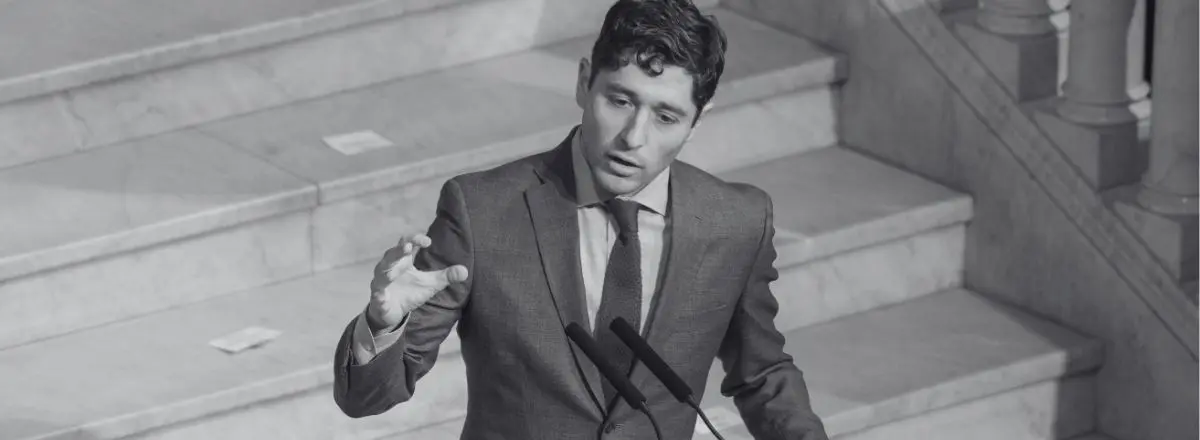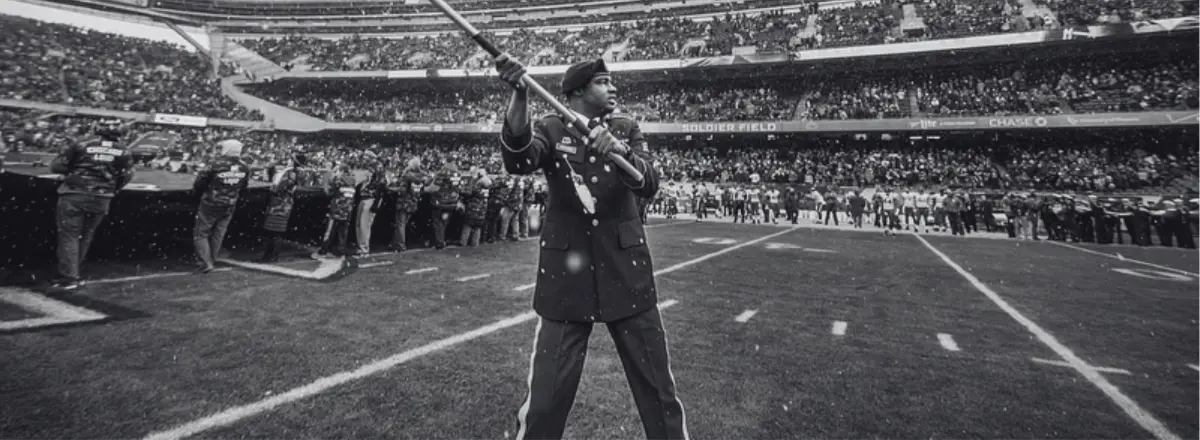The push to legalize Minnesota sports betting in 2024 is already getting complicated.
As expected, a new sports gambling bill was introduced in The Land of 10,000 Lakes to open up this year’s legislature meetings. Given how close the state came to rewriting their gaming laws last time, many have held out hope Minnesota sports betting would be on the verge of legalization in 2024.
It is a fair hope to have. Sports betting measures have generated ample support throughout the House of Representatives over the years. Members of the Senate have started coming around, as well. The very fact that multiple Minnesota sports betting initiatives have earned consideration over the years is a promising sign. Never mind how close last year’s attempt came to actualization. Some states are hesitant to even have recurring discussions.
Still, sports betting in Minnesota was never going to get approved without issue. Opposition is omnipresent on every matter—and especially legal sports betting. The goal is to find a middle ground that placates as many participating parties as possible.
Entering this year’s round of legislative meetings, most presumed authors of the 2024 sports betting bill had done just that. As it turns out, though, the Minnesota sports gambling debate still has plenty of gas left in the tank. More critically, it continues to have a few key hurdles to clear.
Racetracks Remain at the Heart of Minnesota Sports Betting Debate
Last year, one issue, in particular, is believed to have scuttled Minnesota sports betting efforts. Racetracks wanted to be included as Minnesota sports gambling operators as part of the bill. They argued that licensing tribal casinos and online sportsbooks in the United States would threaten to put them out of business unless they could offer the same services.
This concern was—and remains—well founded. The vast majority of legal sports bets in the United States are placed with online operators. With that option at their disposal, Minnesotans theoretically become less likely to frequent racetracks. Interest in horse racing, after all, is on the decline in most markets. Having on-site sportsbooks at racetracks in Minnesota is considered a form of industry protection. People will invariably visit the tracks to bet on other sports. And while doing so, they could decide to show interest in the horse racing already taking place at the venue.
The state’s tribes pushed back forcefully against the racetracks’ interest. As they pointed out, allowing Minnesota online sportsbooks to exist would cut into their own casino business model. Adding sports betting licenses for race tracks would only further the competition and, thus, financial concession on their part. Not surprisingly, this hurdle remains front and center in 2024. As Fox 9 in Minnesota’s Courtney Godfrey wrote:
“[Senator Jeremy] Miller says the updated proposal, called the Minnesota Sports Betting Act 2.0, builds on previous legislative efforts and combines ideas presented in years past. The bill, however, is not getting full approval from Canterbury Park as it doesn’t give racetracks the ability to hold a license. The current proposal only gives license opportunities to Minnesota’s 11 tribal nations, with the option to partner with racetracks and professional sports teams.”
Can the Latest Minnesota Sports Gambling Initiative Pass if the Racetrack Issue Isn’t Settled?
Pleasing everyone in these instances is impossible. One side will always be left feeling as if they received the shorter end of the stick. Well that, or the inability to agree can sew discord that leads to a policy failure.
Which direction is the 2024 Minnesota sports betting initiative headed in if the racetrack problem isn’t resolved? It’s tough to know for sure. But the state is clearly concerned. They have apparently explored a Minnesota sports betting proposal that licenses racetracks as well as casinos.
There’s only one problem: Senator Miller has said that measure “does not have the votes needed to pass.” And though officials can simply advance the other version that doesn’t license racetracks, not everyone’s on board with that plan.
"We believe that both tracks and tribes should have full sports betting licenses," said Canterbury spokesperson Jeff Maday, per Godfrey. "The market is mature enough for all of us to succeed. We just want that opportunity."
Racetrack officials do indeed have the influence to lobby against the current Minnesota sports betting parameters. Again, that’s how this issue derailed last year’s efforts.
And so, the question remains: Is there anything that can be done to find a happy medium between tribes and racetracks?
Is Tax Revenue Sharing the Answer to the Minnesota Sports Betting Problem?
Just like last year, Minnesota officials are attempting to compromise by awarding racetracks a share of sports betting revenue.
Under this proposal, tracks would receive a cut of the revenue generated by the state. This is an important distinction. It means that racetracks would reap some of the financial benefits of legalized Minnesota sports betting without taking any money (or market share) away from the state’s tribes.
That sounds all hunky-dory on the surface—reasonable at the bare minimum. But it’s currently not enough to get racetracks to back down. Representatives argue there’s far more money to be made as licensed Minnesota sports betting operators, and that racetracks would be leaving too much on the table by agreeing to simply take a cut of the revenue. They’re not wrong, either. The question is whether they have the leverage to eventually receive licenses or yet again scuttle the latest Minnesota sports betting campaign.
For now, it’s not clear how this will play out. It could go any number of ways. But the level of coverage this issue is receiving early in the process suggests it matters a great deal. And if that’s the case, a failure to find common ground likely means Minnesota sports betting will not be legalized in 2024.
Take a look at this list of the top online sportsbooks so you can find one that works for all of your sports betting needs:
-
EXCLUSIVE BONUS
 50% bonus up to $250Play Now
50% bonus up to $250Play NowT&C apply, 18+, Play responsibly
- EXCLUSIVE BONUS
 125% up to $1,250Play Now
125% up to $1,250Play NowT&C apply, 18+, Play responsibly
- EXCLUSIVE BONUS
 225% up to $3,625Play Now
225% up to $3,625Play NowT&C apply, 18+, Play responsibly
-
 50% bonus up to $250Play Now
50% bonus up to $250Play NowT&C apply, 18+, Play responsibly
-
 125% up to $2,500Play Now
125% up to $2,500Play NowT&C apply, 18+, Play responsibly





